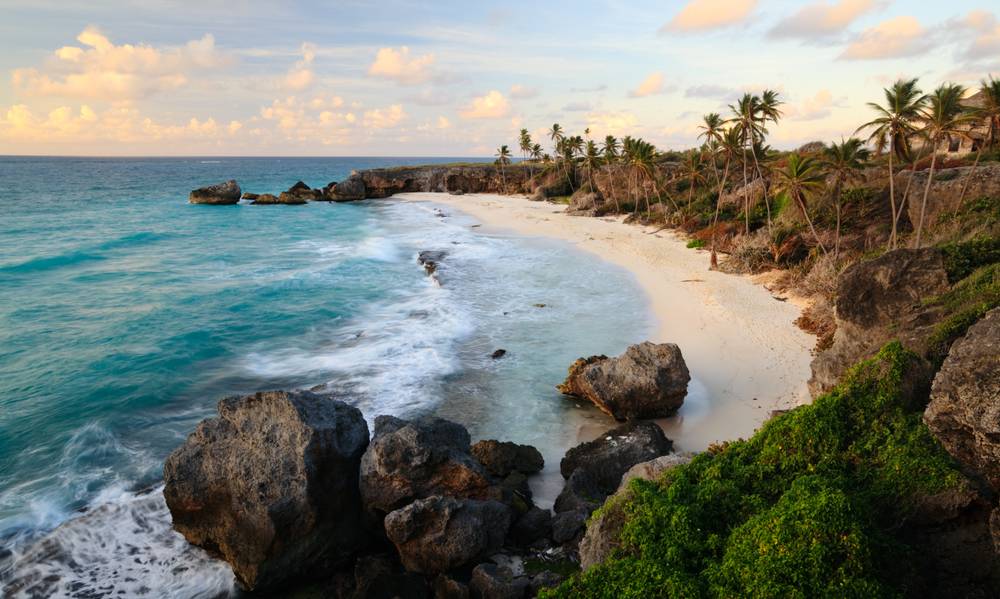On November 30, Barbados, the island nation also called ‘Little England’ of the Caribbean will become a republic. Queen Elizabeth II will be replaced as its head of state by the island’s current governor-general, Dame Sandra Mason, who will become Barbados’ first president.
Barbados casts the removal of Elizabeth II, who is the queen of Barbados, and 15 other realms including the United Kingdom, Australia, Canada, and Jamaica, as a sign of confidence and a way to finally break with the demons of its colonial history.
It’s the first time in nearly 40 years that Britain has lost one of its many realms.
The current governor-general, Dame Sandra Mason’s new role was approved by both houses of Barbados’ Parliament last month. The transition comes after more than 40 years of debate, and 55 years to the day after the island nation went from being a colony to an independent state in 1966.
The move to a republic is the final step in the island’s journey that began in the early 1600s when English settlers claimed it for the British crown, which maintained control over its politics and trade.
Even after it declared independence from England and became a parliamentary democracy, Barbados still recognized the British monarch as head of state, therefore, making it a constitutional monarchy.
While the move is more symbolic than anything since Barbados has been a sovereign nation since 1966, the transition does underscore the growing streak of nations officially becoming independent in the Caribbean. The Caribbean is home to nine of England’s 16 commonwealth realms.
The last nation to leave the commonwealth realm was Mauritius in 1992. Additionally, the Bahamas, Jamaica, Grenadines and St. Vincent have all considered leaving the monarchy.
As a republic, Barbados is cutting one of the last remaining ties to the British crown—except for one. The country will remain a member of the Commonwealth of Nations, an association of 54 member states, mostly former British colonies and dependencies working together to promote good governance, free trade, economic cooperation, human rights, and social development.
One significant change for Barbados is that it will no longer have to seek the queen’s blessing on appointments of ambassadors and other diplomats. For many Barbadians, the country’s move to sever ties with its colonial past is about self-identity and controlling its destiny.
(With inputs from agencies)
A global media for the latest news, entertainment, music fashion, and more.





